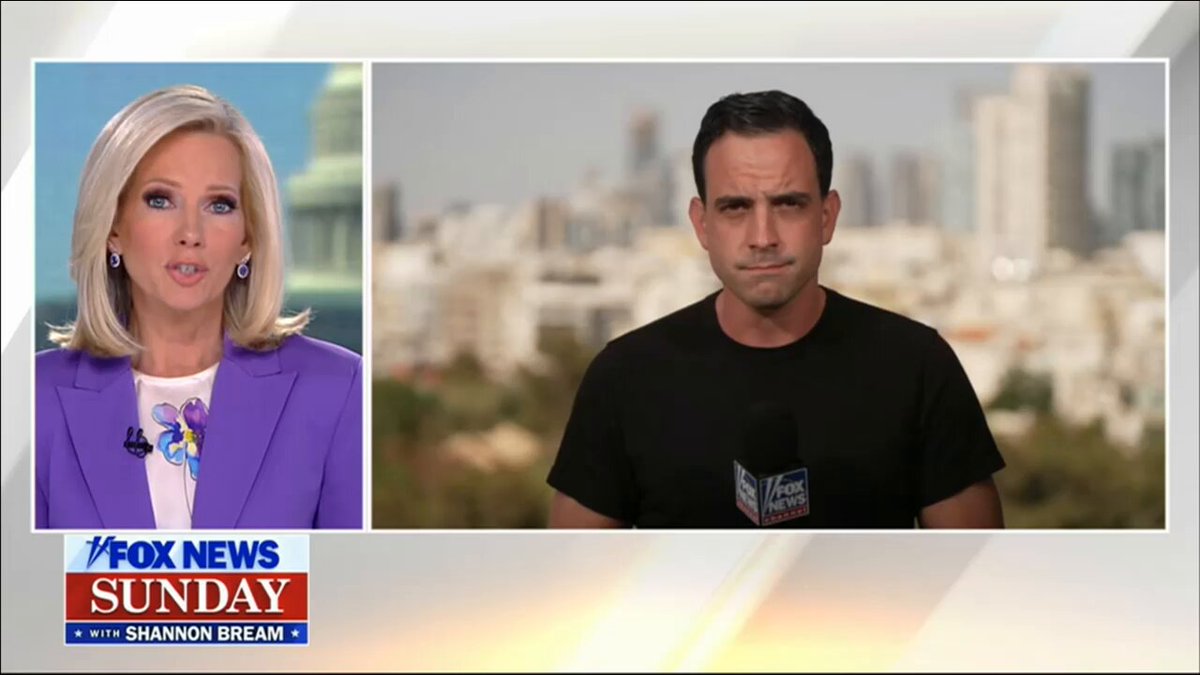
X/@RandPaul
The spending party has, in general, a little patience left in Kentucky Senator Rand Paul. During his explosive appearance on Fox News Sunday, the libertarian-leaning Republican went to town hammering the so-called “Big Beautiful Bill” as it passed through Congress with empty cuts to spending and dangerous hidden provisions to the debt ceiling.
Advertisement
Numbers don’t lie, and Paul was sure to remind every single one. “This year in September, when our fiscal year ends, the deficit will be about two point two trillion,” Paul said plainly. “Now if you increase the debt ceiling four to five trillion dollars, that means they’re planning on two trillion this year and more than two trillion next year. That’s just not conservative.” His numbers painted an ugly picture of a government that must be spending way too much, and with Republicans shrugs.
What gets Paul really ticked off is the hypocrisy. “People used to always say the Republicans – they want to buy the nomics that’s by spending levels,” he mused with sharp irritation. “When March came, virtually every Republican other than me voted to continue the by spending levels which are going to give us a two point two trillion our deficit.” For a senator who went on record as being the deficit hawk’s deficit hawk, watching his party members walk away from fiscal restraint must hurt.
While the bill does provide for some reductions in spending, Paul called the measures “wimpy and anemic.” The ultimatum is that the debt ceiling increase be removed from consideration entirely: “I’ve told them if they strip out the debt ceiling I’ll consider even with the imperfections voting for the rest of the bill,” Paul said. “But I can’t vote to raise the debt ceiling five trillion. There’s got to be someone left in Washington who thinks debt is wrong and deficits are wrong.”
Paul’s plan would make the debt ceiling a subject of vote much more often- every three months, to be exact. “It’s a point of leverage,” he said. “It’s an inflection point where we can look back at leadership and say hmm you promised you were going to cut spending…but you know what? You’re not doing it.” This would ensure that the can isn’t just kicked down the road while actual reform is pressed on.
As the discussion moved to healthcare and welfare programs, Paul provided his usual harsh assessment: “On the one hand you can offer people free stuff,” he said. “You can say I’ll give you free health care…but what you don’t tell them is we’re borrowing money from China to pay for your health care.” His ominous remarks about inflationary consequences coming from deficit spending certainly held a lot of weight considering the economic climate at present.
Not everyone in the comments agreed with Paul’s hardline stance. One fired back, “Your desire to cut MORE from SNAP & Medicaid will be a mistake. 10 million to 13 million people losing Healthcare will backfire. And it’s political suicide for GOP.” Such pushback underscored the tightrope Republicans walk between fiscal responsibility and political practicality.
Another commenter takes the dialogue to a constitutional fix: “Require a balanced federal budget with no borrowing allowed to balance it. No deficit spending unless 2/3 of Congress has declared war or a national emergency.” The suggestion echoes long-standing calls by conservatives to rein in spending, although such proposals have often failed to gain traction in Congress.
One of the most vibrant rebuttals came from a commenter who said: “Congress salaries for part-time jobs and lifetime benefits are welfare! Start there or I’ll be moving in with you and your family!” That kind of visceral reaction just goes on and again to show how much farther-reaching is the public’s frustration with perceived contradictions in government spending arguments.
The interview, however, twisted dramatically as Paul weighed in on reports stating that former Congresswoman Tulsi Gabbard had been added to a TSA watch list. “This is offensive to every principle of civil liberty in our country,” said Paul, promising a full investigation. His statements suggest this issue could become yet another front in his continuing struggle against overreach by the government.
Advertisement
Just before wrapping up the interview, Paul delivered a foreboding view of America’s fiscal future: “I think the deficit is the greatest threat to our national security.” For a senator who has made deficit reduction his defining fight, this is more than just bad policy – this spending bill is a slap in the face to conservative policy at the worst moment possible. Whether his warnings will spur any real change in Washington remains questionable, but one thing for sure: Rand Paul will not stop sounding the alarm.

No responses yet